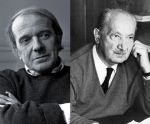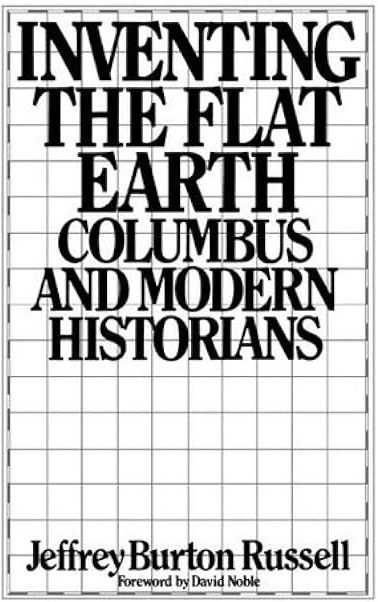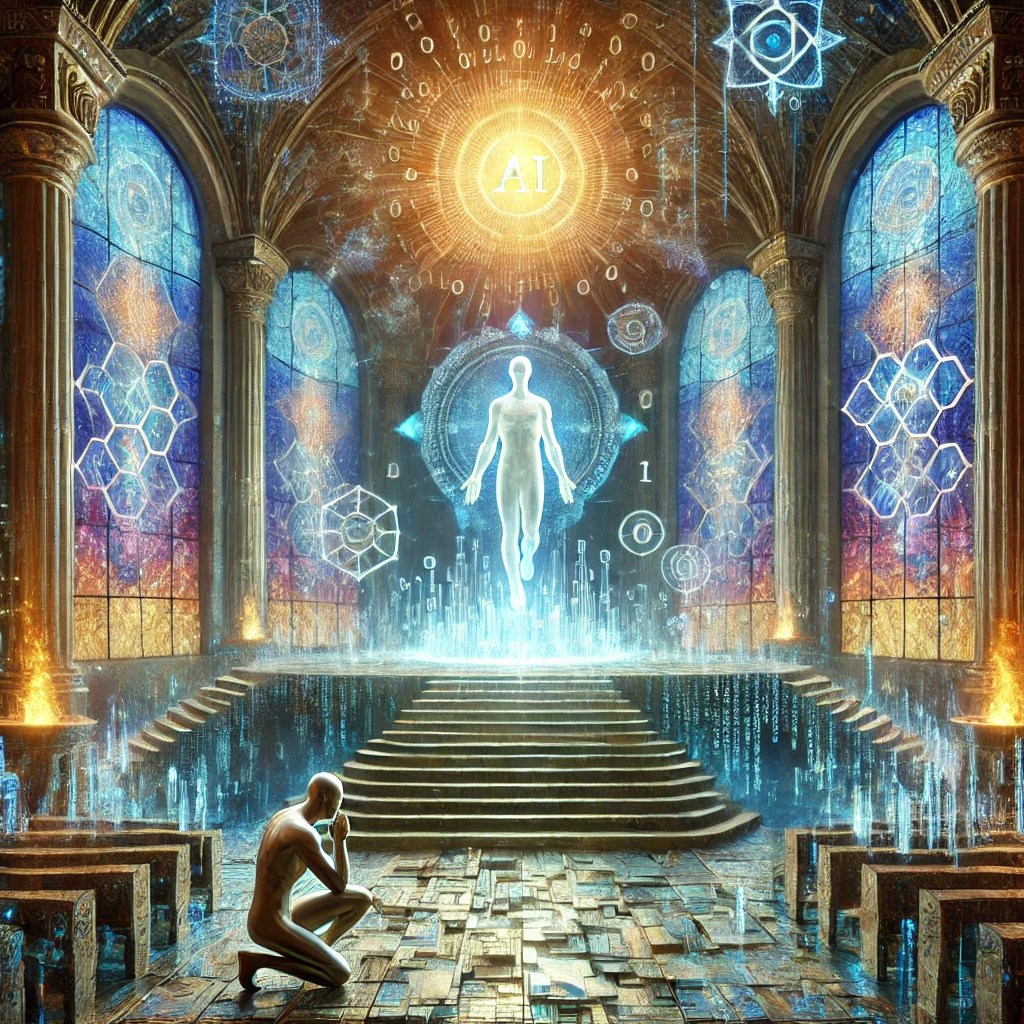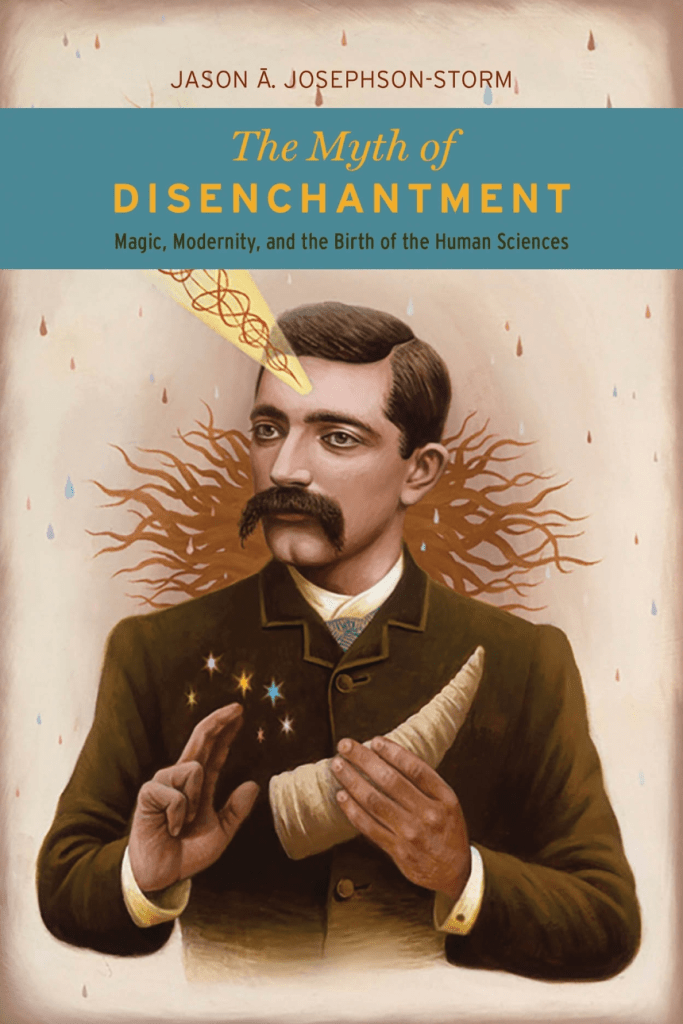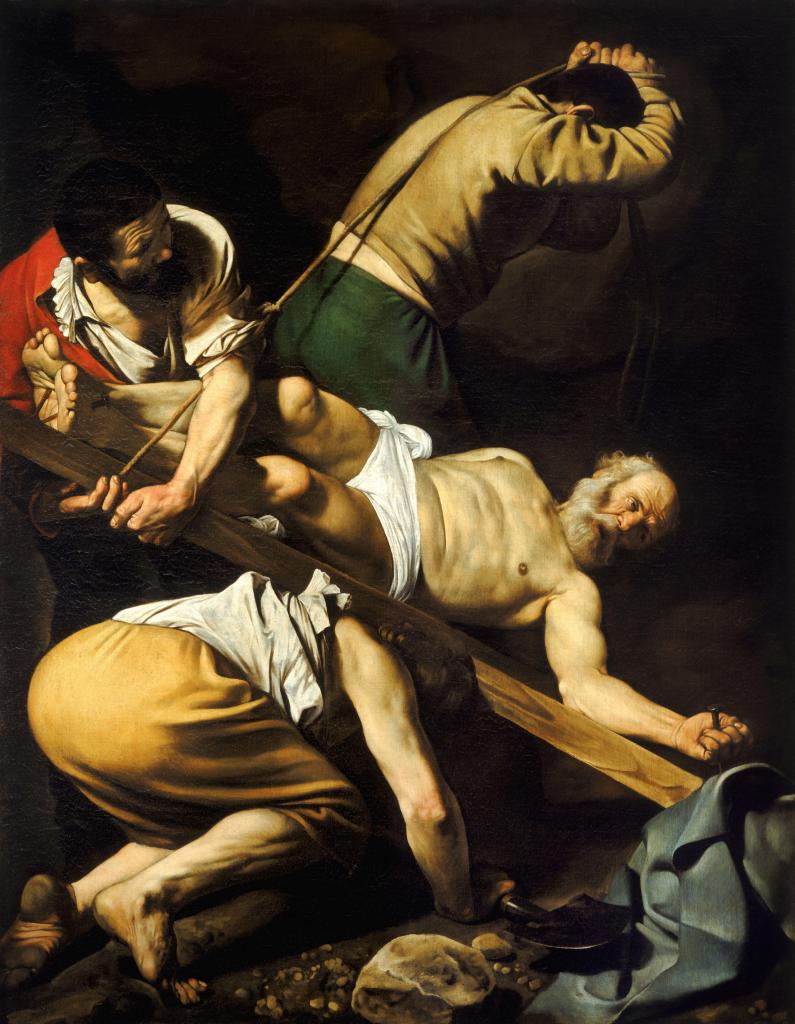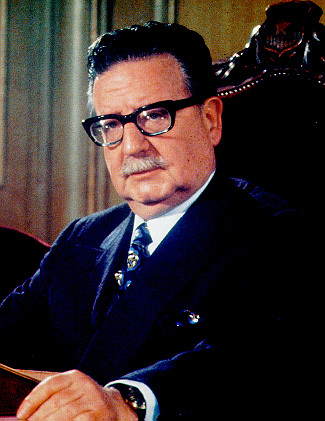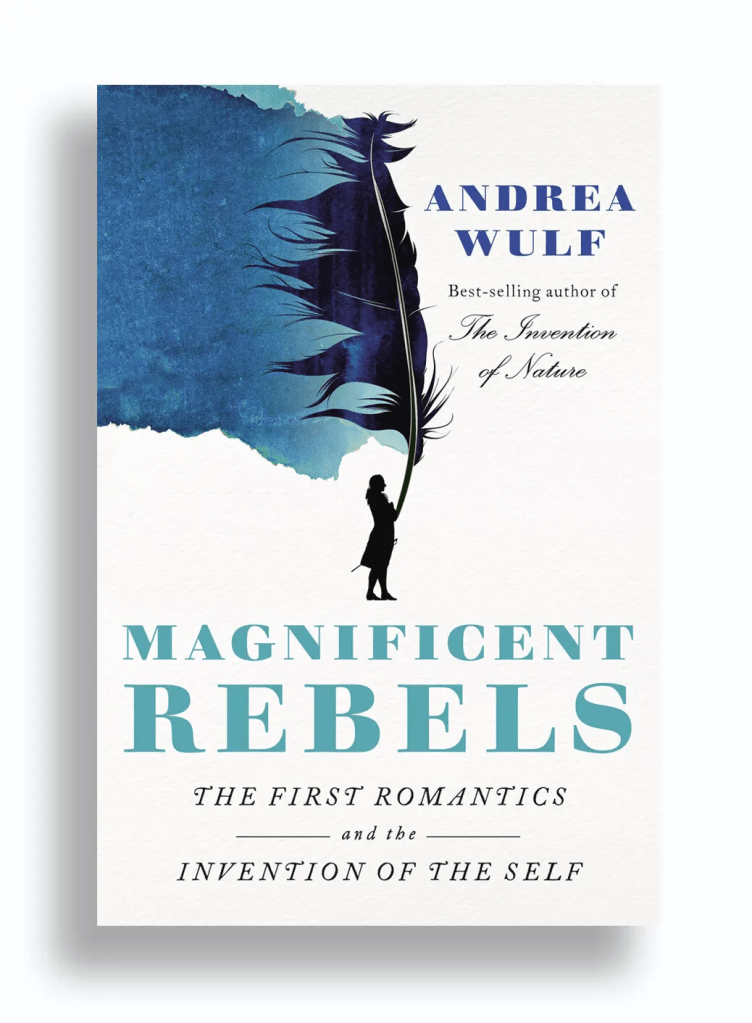I apologize for not having posted in 2025, but as I had mentioned in late 2024 I was writing a book. The book has been completed, the first one at least, and is off to see if any agent considers it worth hawking around. More on that as we get it. The second book has more to do with science, and how we understand the world, and prompted me to think about a kind of layering of thought, a progression of a sorts, that I have been through myself. It begins – as did this blog – with concerns for politics, and how we manage ourselves – political philosophies. AS one dives deeper into political philosophy, one is drawn into the history of political philosophy, and then the philosophy of history follows soon after. Epistemic concerns lead to the philosophy of science, and how we know what we know, before ultimately we end up back at the philosophy of mind, cogito ergo sum and all that.
Continue reading “Ontological Layering”

